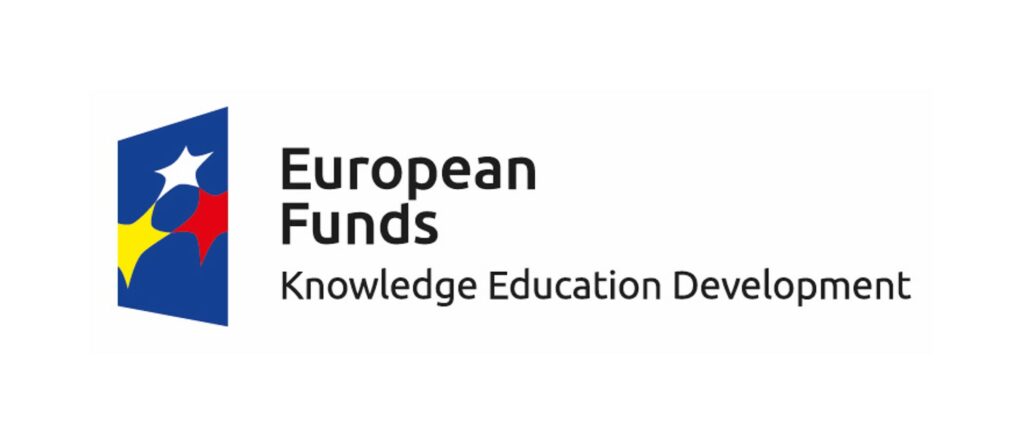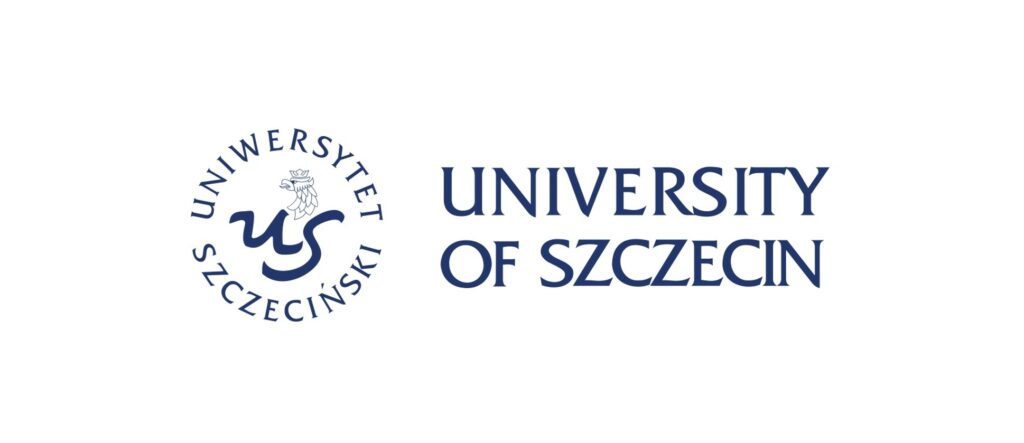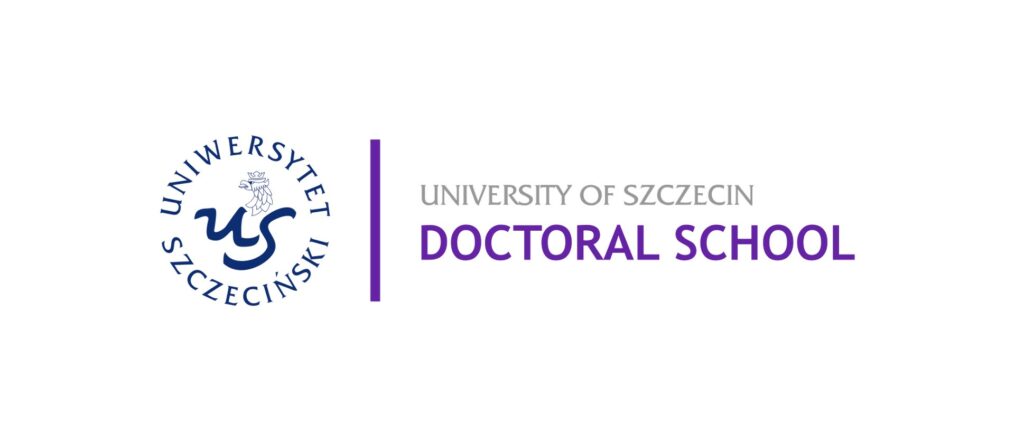
November 24-28, 2022
free study
scholarship PLN 5 000
for everyone participant of the Winter School
attendance certificates
registration till
25/10/2022
start
24th November 2022
About the project
The Doctoral School of the University of Szczecin (SD US) is the host of the project granted by NAWA Poland within the Spinaker programme. The name of the project is: Utworzenie IMPK w j. ang. W Szkole Doktorskiej US “How to become a better scientist and teacher”.
The SD US strategy adopted in February 2020 assumes that the school should prepare doctoral students to: conduct high-quality research, achieve scientific independence in the country and abroad. An important implementation of this goal is the internationalization process reflected in two important processes, i.e. in international cooperation in the field of research, participation in international research projects and organizing joint scientific ventures, and in international cooperation of SD US with foreign doctoral schools. The internationalization process is crucial for increasing the quality of education and recognizing Polish science abroad. Moreover, it is also an opportunity to link science and education in Poland with the practical dimension (economy). Bearing in mind these assumptions, the IMPK envisages the inclusion of young researchers to participate in international scientific life through the implementation of joint projects, culminating in publications in wide-ranging worldwide journals (with Q1-2 on the JCR list). Achieving this goal through intergenerational participation in the IMPK on a partnership basis can help overcome barriers of various types, from linguistic, to cultural and mental. The originators of this project want to show to a wide audience that there are researchers in the University of Szczecin who reduce the distance between the student and the lecturer, while remaining an authority, having time to contemplate scientific problems and appreciate the enthusiasm of students / learners. This project is also to constitute the foundations for the creation of a greater number of study courses at the University of Szczecin in foreign languages. Mobility rates among academics are also expected to increase as a result of the new contacts made.
This project may also contribute to increasing the recognition of US scientists on a larger scale. The advantage of the project is the internationalization of the US, which could lead to increased interest in the US offer among foreign students and doctoral students, as well as enabling international contacts among young US researchers with other doctoral students from Poland and abroad. At the same time, the project will also be an excellent opportunity to promote Polish culture, mainly in terms of scientific research. A number of activities are planned to promote the history and culture of Poland, and especially the region, in order to encourage the participants of IMPK not only to get to know our country and stay in it for longer, by establishing scientific contacts, but also strengthening ties with the region and the University and strengthening the sense of pride in participants from our body. Moreover, the internationalization of the project, resulting mainly from the active presence of IMPK participants and foreign lecturers, will contribute to the increase in the number of scientific projects requiring cooperation with the socio-economic environment.
Program
November 24-28, 2022
Scientific mode (40h) „See the big picture and keep it in mind”
DAY 1
- 08.15AM- 02.15PM Methodology of scientific research (7h) | Prof. Marek Matejun
- 02.15PM-03.15PM lunch break
- 03.15PM -05.30PM Methodology of scientific research – cont. (3h) | Prof. Marek Matejun
- 05.30PM-07.45PM Financing of the scientific research (3h) | dr Uma Shankar Singh
DAY 2
- 08.15AM-02.15PM Hypothesis: asking why or why not? (7h) | Prof. Dr Oláh Judit
- 02.15PM-03.15PM lunch break
- 03.15PM-05.30PM Hypothesis: asking why or why not? – cont. (3h) | Prof. Dr Oláh Judit
- 05.30PM-07.45PM Financing of the scientific research – cont. (3h) | dr Uma Shankar Singh
DAY 3
- 08.15AM-02.15PM Commercialization of research results (7h) | dr Uma Shankar Singh
- 02.15PM-03.15PM lunch break
- 03.15PM-05.30PM Commercialization of research results – cont. (3h) | dr Uma Shankar Singh
- 05.30PM-08.30PM Financing of the scientific research – cont. (4h) | dr Uma Shankar Singh
Didactic mode (15h) “Practising skills is the key to success”
DAY 4
- 09.00AM-12.45PM Designing and planning didactic work (5h) | Prof. Dr Oláh Judit
- 12.45PM-02.15PM Digital media in academic education (2h) | Prof. Dr Oláh Judit
- 02.15PM-03.15PM lunch break
- 03.15PM-05.30PM Digital media in academic education – cont. (3h) | Prof. Dr Oláh Judit
DAY 5
- 09.00AM-12.45PM Blended learning (5h) | Prof. Dr. Oláh Judit
- 12.45PM-02.15PM Module: Knowledge about Poland – development perspective (2h) “The environment you work in is inspiring” | Dr Maciej Czaplewski, Assoc. Prof.
- 02.15PM-03.15PM lunch break
- 03.15PM-05.30PM Module: Knowledge about Poland – cont. (3h) “The environment you work in is inspiring” | Prof. Maciej Czaplewski, Assoc. Prof.
- 05.30PM-06.00PM Winter School: concluding remark
Speakers
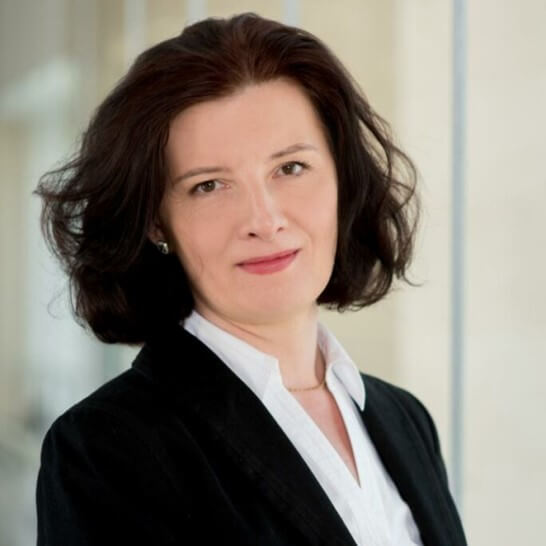
Prof. Dr. Judit Oláh
Prof. Dr. Judit Oláh – Doctor of the Hungarian Academy of Sciences (DSc), University Professor at the John von Neumann University, Hungarian National Bank – Research Center, Hungary and at the Faculty of Economics and Business University of Debrecen. She is full time assistant professor at WSB University. Field: social sciences, discipline: management and quality sciences and full extra-ordinary assistant professor at the North-West University, TRADE Research Entity South Africa and Full visiting Professor at the College of Business and Economics, University of Johannesburg, South Africa. She is editorial member of international journals: Amfiteatru Economic, Polish Journal of Management Studies, Economics and Sociology, Forum Scientiae Oeconomia, Pragmata tes Oikonomias, Central European Journal of Labour Law and Personnel Management, Global Journal of Entrepreneurship and Management. She was guest editor of Energies, Special Issue -Management and Technology for Energy Efficiency Development, Sustainability, Special Issue – Sustainability in Food Consumption and Food Security; Energies, Special Issue – Management and Technology for Energy Efficiency Development; Administrative Sciences, Special Issue – Business Strategy of the Value Chain. Main area of her research activity is related to biofuels, bieconomy, food industry, digitalisation in the supply chain, logistics, bioenergy, Industrie 4.0 and risk management. As a member of the International Association for Energy Economics (IAEA) (https://www.iaee.org), she strengthens the international relationship of scientific research.
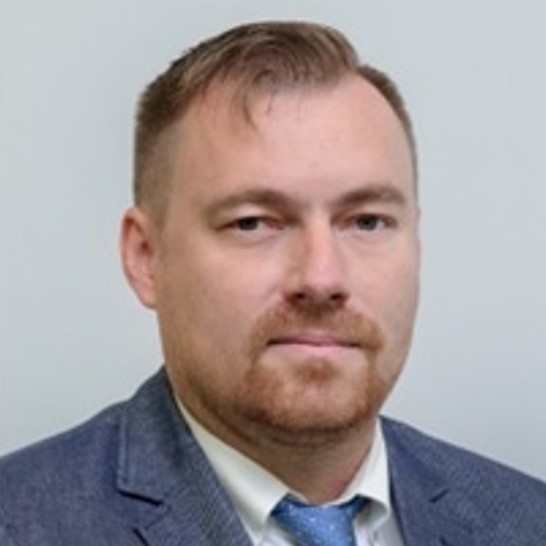
Assoc. Prof. Maciej Czaplewski, PhD
Dr. hab. Maciej Czaplewski, Prof. US, is a professor lecturing a number of undergraduate and postgraduate subjects at the University of Szczecin in Poland. His areas of specialisation include regional socio-economic policy, E-business, E-commerce, the impact of the Internet, information and communication technologies on business, as well as the telecommunications services market. After graduating in business administration at the Malärdalen University Västerås in Sweden in 2002, he enrolled in the Master study course at the Faculty of Management and Economics of Services at University of Szczecin, where he received his Master’s degree in 2003. Then, in 2007, he obtained the degree of Doctor of Economics also at the Faculty of Management and Economics of Services at University of Szczecin. Dr. Czaplewski has a training and consulting experience for business practice related to the creation of a concept for the implementation of electronic commerce in the framework of companies’ operations, insurance specialist in the EU (Geprüfter Versicherungsfachwirt) certified by the German IHK, Member of the Polish Economic Society. In addition to being an academic lecturer at the University of Szczecin since 2003, he also conducted foreign lectures and training courses in English at Aalborg University (Denmark), Ikonomicheski Universitet Varna (Bulgaria), Dostoevsky Omsk State University (Russia), and Sakarya University (Turkey). Born and raised in Szczecin, Poland, during his studies and academic experience, Dr. Czaplewski participated in Erasmus student and lecturer exchange programs in various countries, while further expanding his international experience with numerous travels around the world.
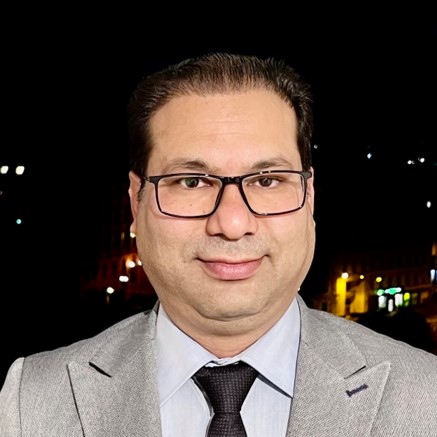
Uma Shankar Singh, PhD
Dr. Uma Shankar Singh is an adjunct professor and a habilitation fellow in the department of Decision Support Methods and Cognitive Neuroscience, Institute of Management, University of Szczecin, Poland. He has worked with Tishk International University, Erbil, Kurdistan, Iraq for 6 Years, and many other institutions. He has published seventy research articles in reputed journals and co-authored with researchers from different nationalities. He is representing Iraq for the “SEAMIS- Entrepreneurship” project to the EU. His research has always pinpointed social problems and has tried to find solutions with empirical methods that can benefit society. His educational qualifications and professional training are grounded upon a varied range of experiences from regional and national to international levels. He holds an advanced degree in Entrepreneurship Management which has given him an in-depth understanding of the subject matter. Dr. Uma is self-motivated and takes the initiative for administrative and social activities in the organization with challenges and aligns himself with organizational objectives. His academic core competencies are in the areas of Neural Behavior, Decision Making, Management, Strategic Management, Entrepreneurship, Research Methodology, Marketing Management, and Strategic Marketing. He has vast work experience across the industry like agriculture produce marketing and academic teaching for university students and scholars. Qualitative (Nvivo and QDA) and quantitative (SPSS and Statistica) methods and the application of the mixed method of research experience can be felt in his published research. His current research in the area of physiological measurement using imotions and python coding is a move toward the scientific approach to measuring social activities.
Conference
November 28-30, 2022
International conference “When opportunity knocks, open the door”
DAY 1
- 9.00AM-12.00AM Contemporary Problems in Science | Dr Umashankar Singh
- 12.00AM-02.00PM How to still be in love in science in times of points and rankings | dr Paulina Niedźwiedzka-Rystwej, Assoc. Prof.
- 02.00PM-03.00PM lunch break
- 03.00PM-05.00PM Principles of Transparency & Best Practices in Scholarly Publishing | Prof. dr Yuriy Bilan
DAY 2
- 9.00AM-12.00AM Co-creation Strategy and Its Dual Impact on Education Quality and Marketing: A Contemporary Issue in Higher Educations | prof. Dr.oec.HSG. Syarifa Hanoum, S.T., M.T., CSEP
- 12.00AM-02.00PM How design thinking can turn your strategy into reality – managing ideas | dr Jarosław Korpysa, Assoc. Prof.
Important dates:
Start of the recruitment:
01/10/2022
Deadline of the recruitment:
25/10/2022
The results of recruitment:
31/10/2022
start
24/11/2022
Sponsors & Partners
